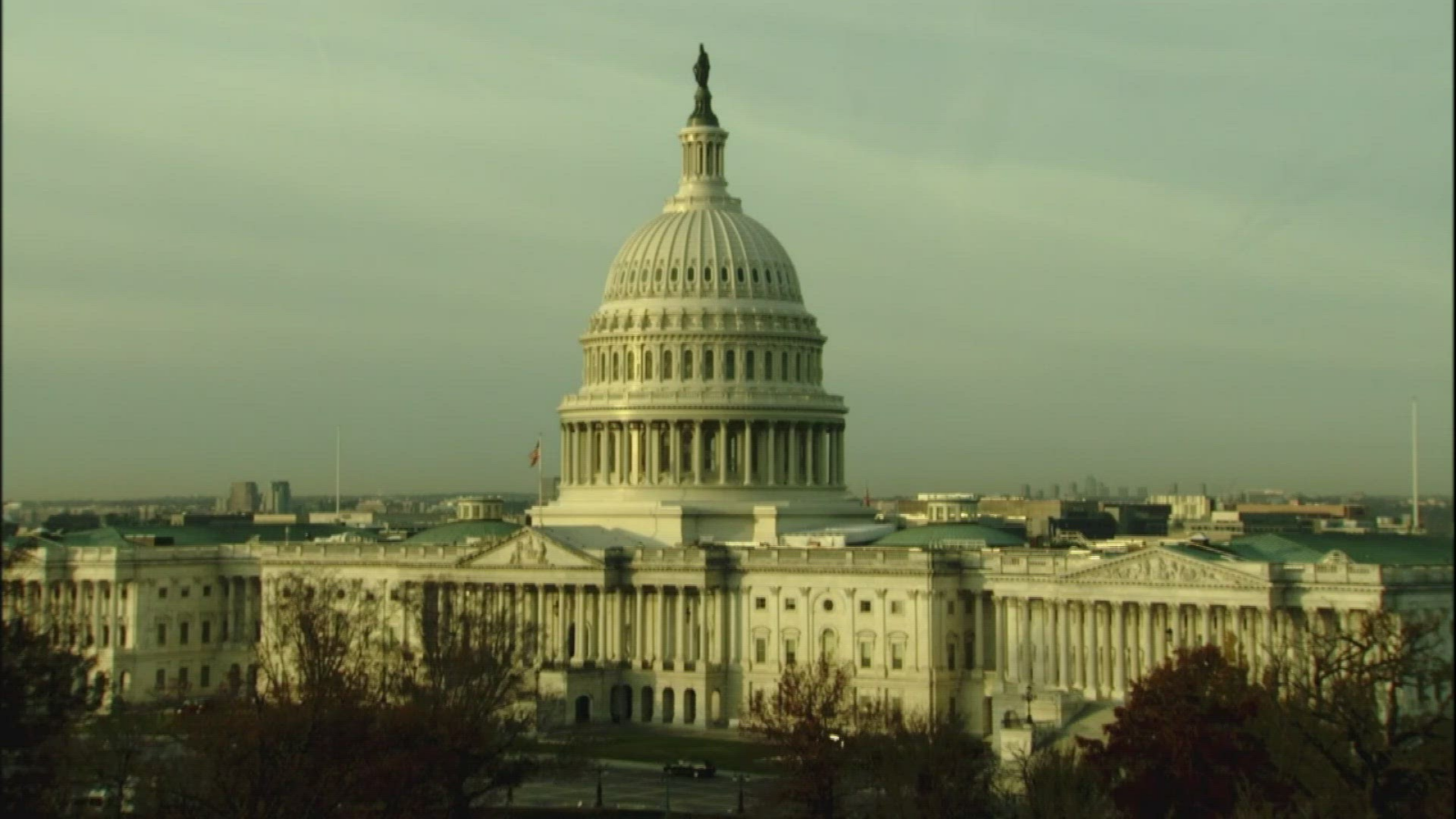
The stopgap bill that the U.S. House of Representatives passed on Tuesday to keep the government open was set to expire today.
The short-term funding bill, which passed on a bipartisan basis with a vote of 336 to 95, was a victory for new House Speaker Mike Johnson (R-La.) who dealt with competing demands from different factions in the Republican party. The bill funds some government departments until mid-January, including military construction, veterans’ affairs, transportation, and housing, and the rest of the government through early February.
The Senate just passed the bill, averting a shutdown which would have had adverse impacts on the economy as a whole. Lawmakers now have more time to negotiate and pass full-year spending bills, though partisan divisions will likely complicate that effort. If Congress does not reach a governmentwide spending agreement by April, then an automatic 1% cut would be imposed which neither party wants.
Longer term, the spending bill has exposed the stark divides within the Republican party. Some conservatives were starkly opposed to the bill as they hoped for spending cuts and additional funding for border security, which forced Johnson to seek out additional votes from Democrats. These disagreements will likely complicate Congress’ ability to reach an agreement.
Madeline McQuillan is an Analyst for Foreign Brief and a contributor to the Daily Brief. Her expertise is in European politics and transatlantic relations. She holds a Master of Science in European and International Public Policy from the London School of Economics.

